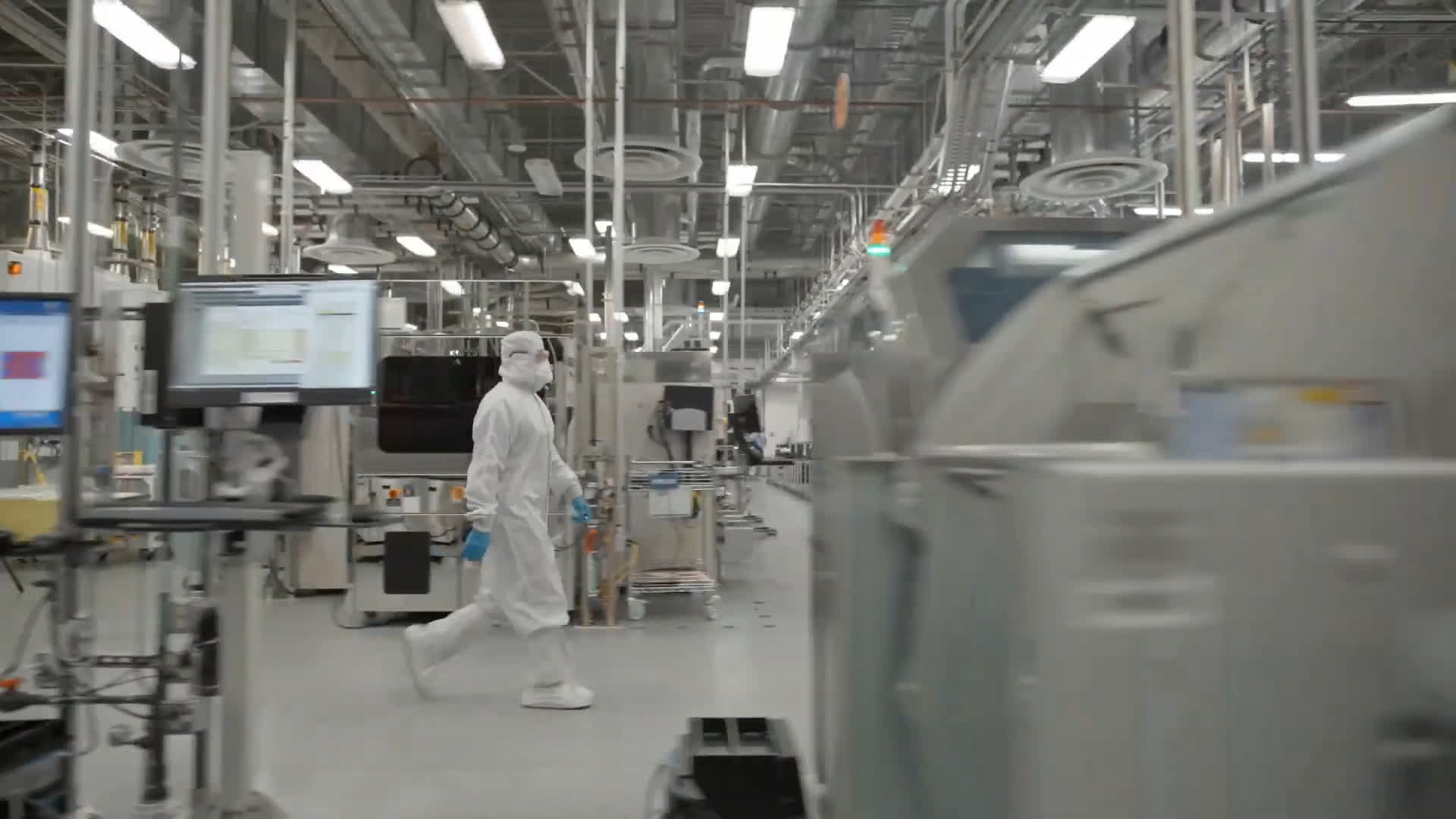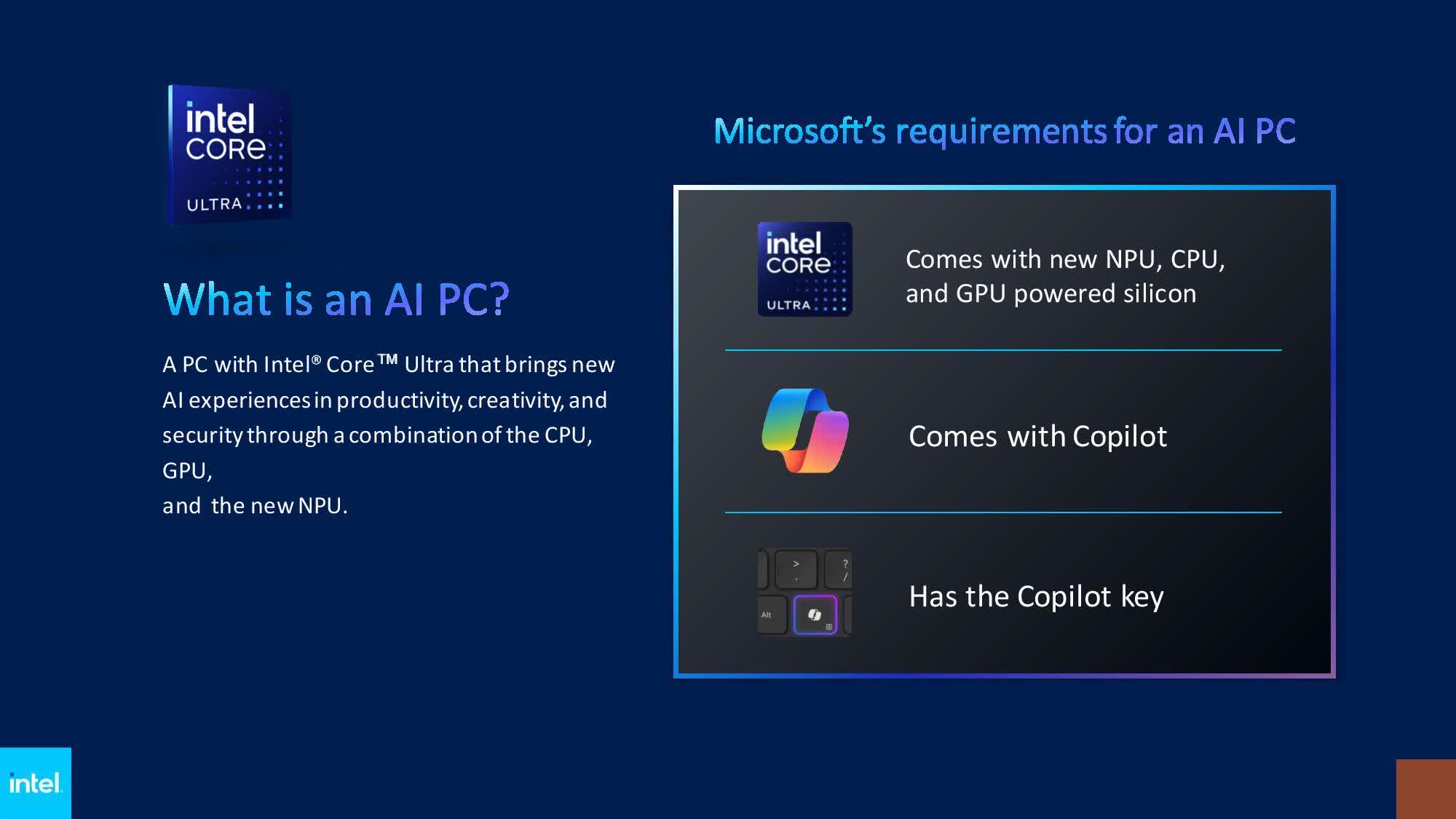Why it matters: Microsoft and multiple chipmakers have spent months heralding the arrival of the "AI PC," which utilizes generative AI and large language models to facilitate various tasks in new ways. However, the definition of an AI PC remains somewhat unclear. At a recent event in Taipei, Intel began defining the specifics that it agreed upon with Microsoft.
At Intel's recent AI summit in Taipei, the company informed the public that Windows PCs will soon leverage NPUs (Neural Processing Units) to run Microsoft Copilot assistant locally. This is the first confirmation of rumors that emerged regarding Copilot and increasingly prevalent hardware-based accelerators late last year.
Microsoft began pushing Copilot to Windows 11 users last year, but that currently operates in the cloud. The company is expected to enhance the AI assistant by integrating NPUs starting with the 24H2 update, possibly arriving this summer.
While Intel didn't provide a specific date for the upgrade, a spokesperson mentioned that Copilot will begin handling many, but not all, tasks locally using NPUs, reducing its reliance on the cloud.

Microsoft is seeking to inaugurate the new "AI PC" era by introducing a dedicated Copilot key to the specifications for Windows keyboards, and Intel is collaborating by incorporating the key into its official requirements for an AI PC.
Previously, the minimum AI PC specs were defined by the presence of a CPU, GPU, and NPU. Additionally, the company has listed 40 TOPs of NPU performance as a requirement for next-generation AI PCs.
NPUs have begun to appear in Intel's Meteor Lake (a.k.a. Core Ultra), AMD's Strix Point, and Qualcomm's Snapdragon X Elite platform.
Recent graphics cards from Nvidia, Intel, and AMD can also locally run AI processes like Nvidia's RTX-powered chatbot. However, Intel stated that NPUs are designed to alleviate the extra workload on CPUs and GPUs, and testing has shown to improve battery life. Nevertheless, AI applications can also consume significant amounts of memory, and it remains unclear how this might impact AI PC system requirements.
In Taipei, Intel also announced a new initiative to provide developers with resources to create new software to leverage AI. Currently, AI applications mostly involve text and image generation, image processing, and enhanced search engines.
Recent Windows Insider builds indicate that Microsoft is testing features that might enable Copilot to automatically navigate settings, find items based on text descriptions, or perform other tasks to expedite workflows.
